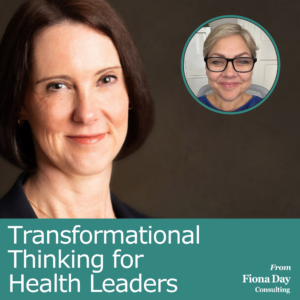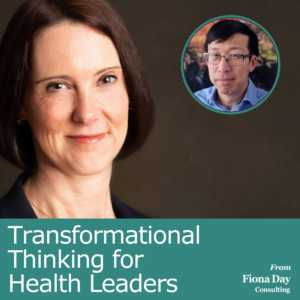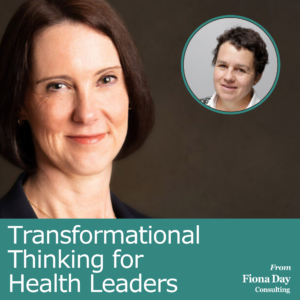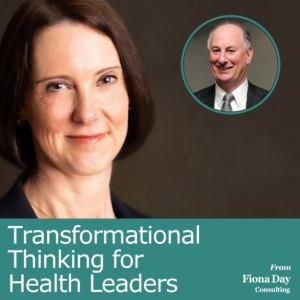What gets doctors and public health leaders out of bed with a spring in our step in the middle of winter?
Understanding work-related motivation is really important for doctors and public health leaders careers if we are going to sustain ourselves in over a long period of time in our careers and professional lives. What matters most to us as clinicians and leaders usually changes as we get older too, and varies at different times of our lives – depending on what is happening outside of work in our personal lives as well as what stage of our public health or medical career we are at.
Work-related motivation has been studied by psychologists for over 100 years!
I’ve been fascinated by motivation generally all my professional life, since my intercalated degree in psychology in 1993. During the process of preparing to apply for the PhD/CCT equivalent award as a Chartered Psychologist in Coaching Psychology, I reviewed the literature relating to work-related motivation in order to make sure I was fully up to date. I’m sure you know by now that everything that I do as a Coach and Coaching Psychologist is firmly grounded in the evidence-base, this is so that I can ensure that you get accurate and up-to-date advice and coaching interventions from me. As a medical career coach specialising in medical leaders, and as a public health career coach I can help you to understand what you really want and need in your professional life to find lasting career and professional success.
Subjective career success is one aspect of work related motivation
Objective measures of career success (status, earnings) undoubtedly matter to us and enable us to meet a range of psychological and physical needs in exchange for our time and effort. Subjective measures of satisfaction, work-life balance, and feelings of personal accomplishment and growth are often also very important and can be overlooked when we are making important career decisions when we are younger.
Shen et al’s 11 different types of career satisfaction (2015)
A multi-national research project led by Shen et al identified the following types of subjective career success. Do any of these resonate with you?
- Achievement ‘Success is money, luxury, being able to purchase things above average.’
- Job-task characteristics ‘I was responsible) for strategic planning and budget control in the project’.
- Satisfaction ‘A successful person is the one that fully enjoys what she or he does and enjoys when she or he succeeds.’
- Learning and Development ‘I’m always learning, and that’s what makes me be motivated and feel satisfied, because I can be always up to date’.
- Making a difference ‘If I can do something to help out something or somebody, you know, I do it. So, to me I think I am successful, not in monetary terms but in other ways’.
- Work-life context/balance ‘I feel I have succeeded in my career if I have time for my family and to plan my personal life.’
- Survival and security ‘I only want a stable job, with a certain amount of money and a secured peaceful life till my formal retirement at the age of 60’.
- Social working environment ‘For me the most important thing is to feel satisfied with the people you work with- if there was a bad feeling with my peers, I would quit the job’.
- Recognition ‘If you’re working hard, you would like to be recognized for what you’re doing.’
- Job performance ‘I have been able to establish quite a good basis at work and I have been successful I have to say; I don’t want to show off here, but the numbers indicate it.’
- Self-actualisation ‘It is important to grow and not stagnate. It is how you progress as a person’.
What does career success mean to you?
As the year draws to a close, how do you define career success in the future? Has your definition changed at all over time? How close are you to achieving your own professional success on your own terms? Do you need to do anything differently in 2024? Let me know your thoughts, I’d love to hear from you!
Medical career coaching and career counselling for doctors with Fiona Day Consulting is an evidence based method to help you to find lasting professional success. Fiona works exclusively with senior doctors in leadership roles and public health leaders with their career decisions and leadership development.
Dr Fiona Day is the world’s only Leadership Coach with advanced coaching psychology, medical and public health qualifications (MBChB, FFPH, BPS Chartered Psychologist in Coaching Psychology, EMCC Master Practitioner Coach & Mentor) and is in a unique position to help you and your teams to flourish. Fiona specialises in coaching medical and public health leaders, is a coach Supervisor, and an EQA Foundation Award Holder. Get 3 hours of FREE CPD with Fiona’s Health Career Success Programme here. Book a free confidential 30 minute Consultation with Fiona here.









